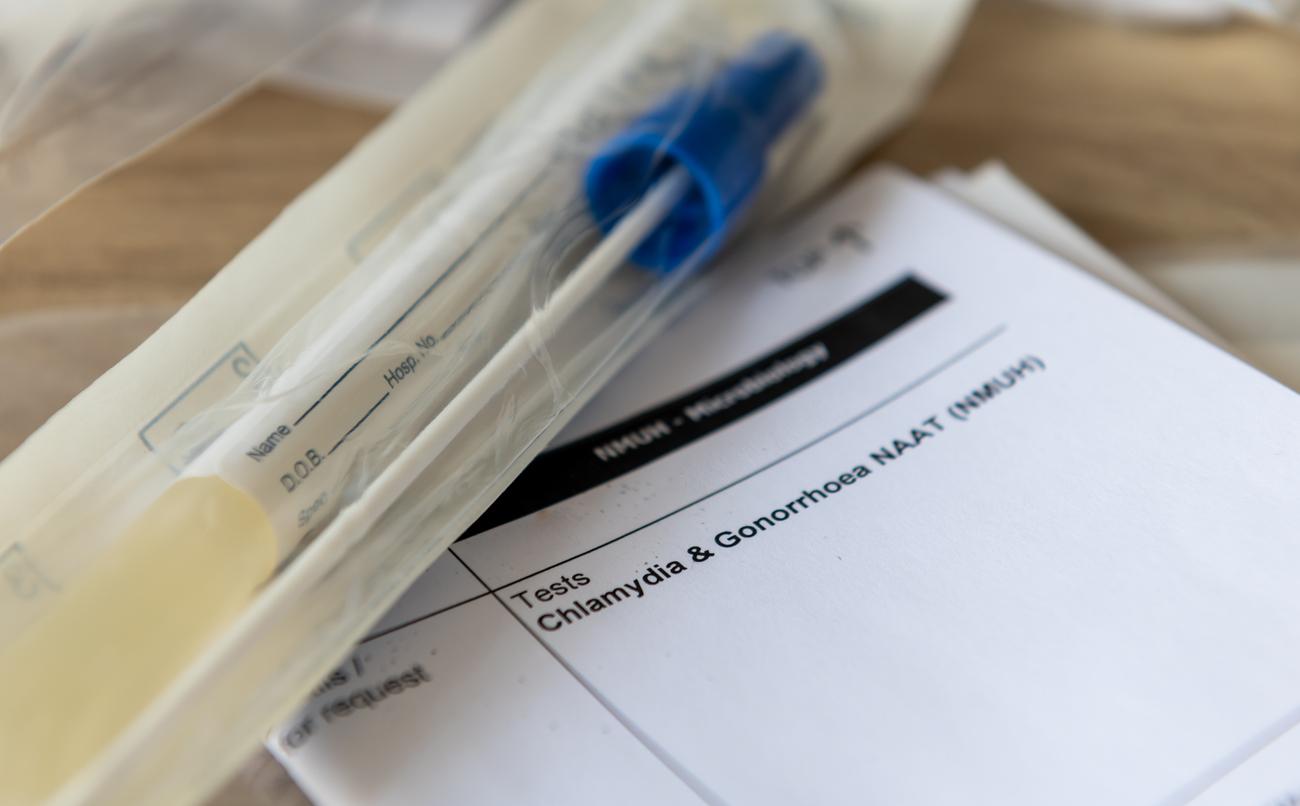In a report, the Health Insurance suggests to the public authorities 31 measures to achieve savings of 3 billion within three years on health spending.

Even before landing on Marisol Touraine’s desk, this document is already making people talk. In a draft annual report on health insurance expenses and income for 2016, the management of the National Health Insurance Fund for Salaried Workers (CNAMTS) suggests to the public authorities ways to achieve 715 million euros of savings on health costs in one year (in 2016). By relying on 31 measures, it ultimately hopes to make nearly 3 billion euros within three years.
Develop outpatient
First track put forward by Health Insurance and unveiled by Agence France Presse (AFP), the further development of outpatient hospitals. This device aims to shorten the length of stay, in particular after childbirth (from 4.2 to 3 days) or following orthopedic operations. It should alone save 836 million euros over three years.
In addition, around 546 million euros in savings over three years could also be found in the regulation of patient transport expenses, which have exploded in recent years due to increased use of taxis.
In addition, this report places particular emphasis on the prevention of obesity, diabetes and other chronic pathologies, as well as improving access to care, in particular dental care, to avoid subsequent expenditure related to the disease. aggravation of these pathologies. As such, preventing chronic renal failure would save 127.5 million euros.
The doctors wind up
Finally, the CNAMTS protests against the very high cost of prescriptions from doctors who do not sufficiently take into account “the cost-effectiveness of treatments, beyond their mere effectiveness”. It therefore calls on practitioners to review their prescriptions, to continue the efforts already made in the prescription of generics in particular, or to stem the increase in sick leaves (300 million euros in possible savings over three years).
The report indicates, for example, that better compliance with the recommendations on the prescriptions of anti-diabetic drugs would save 336 million euros. This recommendation angered the CSMF (1), the main union of liberal doctors, which wrote in a Press release that it will always oppose “a purely accounting approach to patient health”.
The CSMF recalls that the use of certain drugs, beyond the indications said to be reimbursable by the Fund, have been of great service to the population. “This is the case with aspirin used as an antiplatelet agent, excluding” reimbursable indications “,” she underlines.
The union concludes that doctors “certainly have a medico-economic responsibility, but medical prescription is not only based on statistical and financial recommendations. It is above all guided by the rules of good practice and by adapting to each patient, which remains the main concern of the doctor ”.
(1) Confederation of French Medical Syndicates
.

















